The arcade gaming renaissance has taken an important step forward with the establishment of the Arcade ROM Preservation Alliance (ARPA), a grassroots initiative dedicated to safeguarding the digital heritage of coin-operated entertainment. Founded by a coalition of collectors, programmers, and historians, this organization emerges at a critical juncture when original arcade hardware deteriorates and proprietary code faces extinction.
Unlike traditional software archives, ARPA focuses specifically on the unique challenges posed by arcade technology. Many classic arcade games exist in proprietary formats, running on custom hardware that often requires physical maintenance to remain functional. The alliance has already secured agreements with several former arcade manufacturers to legally preserve their catalogues, while also working with private collectors to document rare prototypes.
Technical hurdles abound in this preservation effort. Early arcade boards frequently used now-obsolete storage media like bubble memory or EPROM chips that degrade over time. Some games contained copy protection schemes that must be carefully reverse-engineered without violating intellectual property laws. ARPA's engineering team has developed specialized equipment to safely extract data from aging hardware while maintaining perfect checksum verification throughout the process.
The cultural importance of this work cannot be overstated. Arcade cabinets represented the first widespread digital entertainment medium, influencing everything from modern game design to internet culture. Many gameplay conventions and visual styles still prevalent today originated in these coin-operated machines. By preserving the original binary code along with hardware schematics and development documents, ARPA ensures future generations can study gaming's evolution with authentic materials.
Legal considerations form another crucial aspect of the alliance's operations. Rather than simply distributing ROM files, ARPA maintains a verification system where researchers can access materials for academic purposes while respecting copyrights. The organization has established a network of partner institutions including several university media archives and the Strong Museum of Play to properly curate these digital artifacts.
Funding remains an ongoing challenge for the volunteer-driven project. While some technology firms have provided equipment grants, ARPA recently launched a patron program offering supporters access to detailed preservation reports and exclusive interviews with arcade industry veterans. These efforts complement the alliance's public education initiatives, which include technical workshops and documentary productions about gaming history.
Looking ahead, the alliance has identified several priority titles for preservation based on historical significance and technical vulnerability. This includes early vector graphics games, whose specialized display hardware presents unique preservation difficulties, along with rare regional variants that never saw wide distribution. ARPA's 2024 roadmap also calls for expanding its oral history project to record firsthand accounts from arcade developers before these stories are lost.
The formation of this specialized preservation group reflects growing recognition of video games as cultural artifacts worthy of careful conservation. As ARPA's founding members frequently note, these ROMs represent more than just entertainment - they document an entire era of technological innovation and social change. Their work ensures that future scholars and enthusiasts won't need to rely on secondhand accounts or incomplete emulations when studying gaming's golden age.
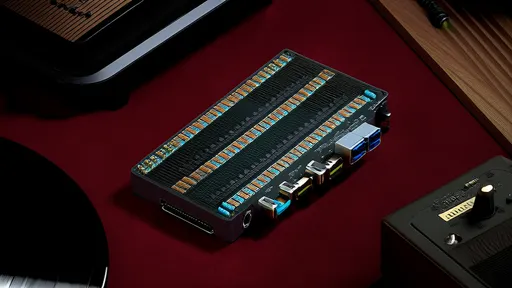
By /Jul 29, 2025

By /Jul 29, 2025
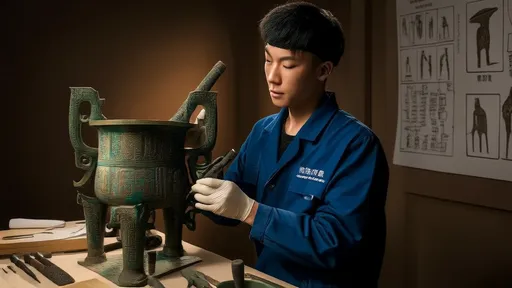
By /Jul 29, 2025
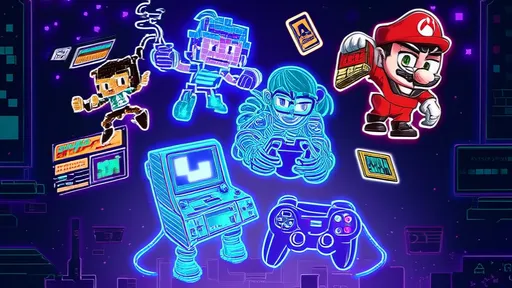
By /Jul 29, 2025
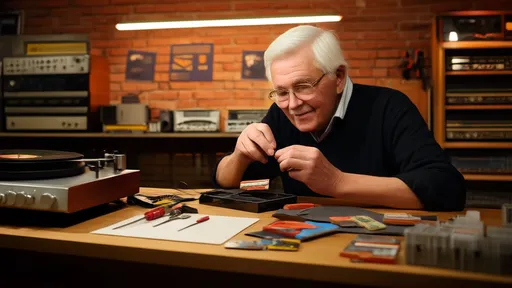
By /Jul 29, 2025
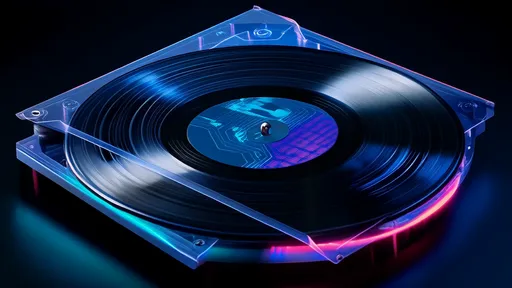
By /Jul 29, 2025

By /Jul 29, 2025

By /Jul 29, 2025

By /Jul 29, 2025
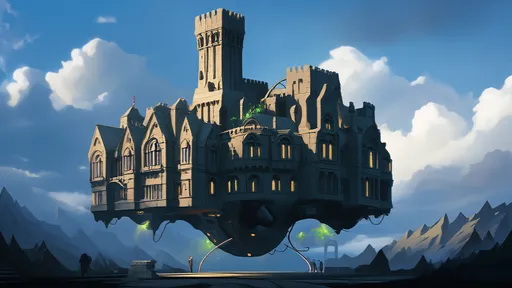
By /Jul 29, 2025

By /Jul 29, 2025

By /Jul 29, 2025

By /Jul 29, 2025

By /Jul 29, 2025

By /Jul 29, 2025
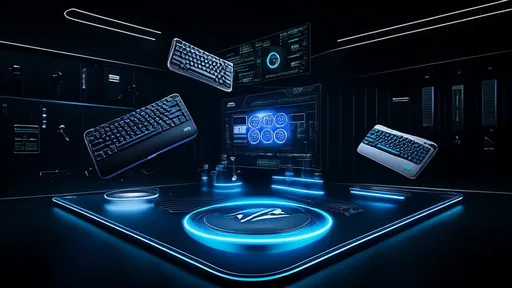
By /Jul 29, 2025

By /Jul 29, 2025
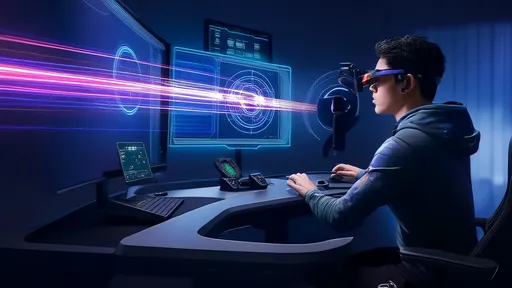
By /Jul 29, 2025

By /Jul 29, 2025
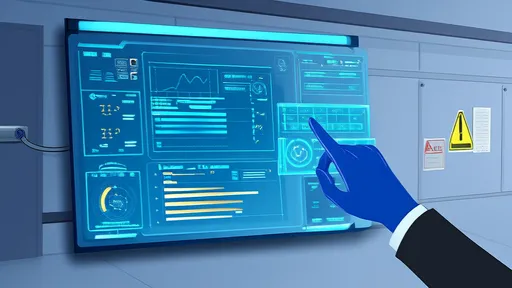
By /Jul 29, 2025